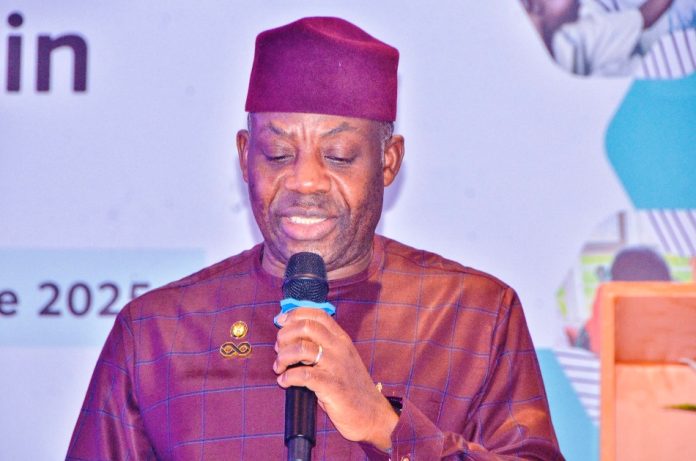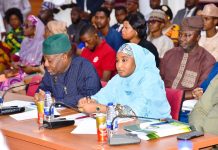The Federal Government has reaffirmed English as the official language of instruction across all levels of Nigeria’s education system, while introducing an Inclusive Language Policy designed to promote national unity, enhance learning outcomes, and preserve the nation’s rich linguistic and cultural heritage.
This decision was one of the major resolutions adopted at the 69th National Council on Education (NCE) the highest national policy-making body in the education sector held last week in Akure, Ondo State. The Council unanimously agreed that English shall remain the medium of instruction from primary to tertiary education.
Similarly, the language policy developed by the Nigerian Educational Research and Development Council (NERDC), which prescribed the use of mother tongue as the language of instruction for Primary 1–3, has been cancelled and its implementation discontinued. The Council further resolved that there will be no immediate review of the policy, reaffirming the need for a harmonised and practical approach to language use in education that ensures continuity and quality learning across the system.
These actions taken by the Council were based on empirical data and evidence highlighting the complexity of implementing the NERDC’s policy in a country of over 500 indigenous languages, limited learning materials in said languages, inadequate teacher training and deployment in multilingual pedagogies, weak transition from mother tongue to English leading to poor performance in national examinations, as well as inequality amongst States over and under subscription of the policy.
Speaking at the Education Language Conference 2025, held yesterday at the Intercontinental Hotel, Abuja, and organized in collaboration with the British Council, the Honourable Minister of Education, Chief (Dr.) Maruf Tunji Alausa, FAMedS, CON, explained that the decision reflects the Federal Government’s ongoing reforms to strengthen education delivery, promote inclusivity, and align the national education system with global best practices. He emphasized that a harmonized and consistent language policy is crucial for achieving quality, equitable, and globally competitive education under President Bola Ahmed Tinubu, GCFR,’s Renewed Hope Agenda.
Dr. Alausa further underscored the critical role of language as an inclusive and transformative tool for national development, urging education stakeholders to view language not merely as a medium of instruction but as a bridge for understanding, unity, and progress. He cautioned that using mother tongue exclusively as a language of instruction without practical capacity and structure could derail the goal of quality and inclusive education.
The Honourable Minister of State for Education, Prof. Suwaiba Sa’id Ahmed, reiterated the Federal Government’s commitment to promoting linguistic inclusion through the new Inclusive Language Policy, which encourages the teaching and learning of at least one Nigerian language alongside English. She explained that the initiative recognizes language as a tool for identity, unity, and cognitive development, while also preserving Nigeria’s diverse cultural heritage.
Prof. Ahmed emphasized that successful implementation would require strong collaboration among curriculum developers, teacher-training institutions, and state ministries of education to ensure that indigenous languages are effectively integrated into the curriculum. She assured that the Federal Ministry of Education will provide clear policy direction, teacher preparation, and instructional resources to support the nationwide rollout.
The Ministry further affirmed its openness to constructive advice and collaboration from all stakeholders and development partners, including foreign missions and organizations, to strengthen education delivery in Nigeria. The Federal Government remains committed to policies that uphold quality, inclusivity, and national unity in education, in line with the Renewed Hope Agenda.
Signed
Boriowo Folasade
Director, Press and Public Relations





